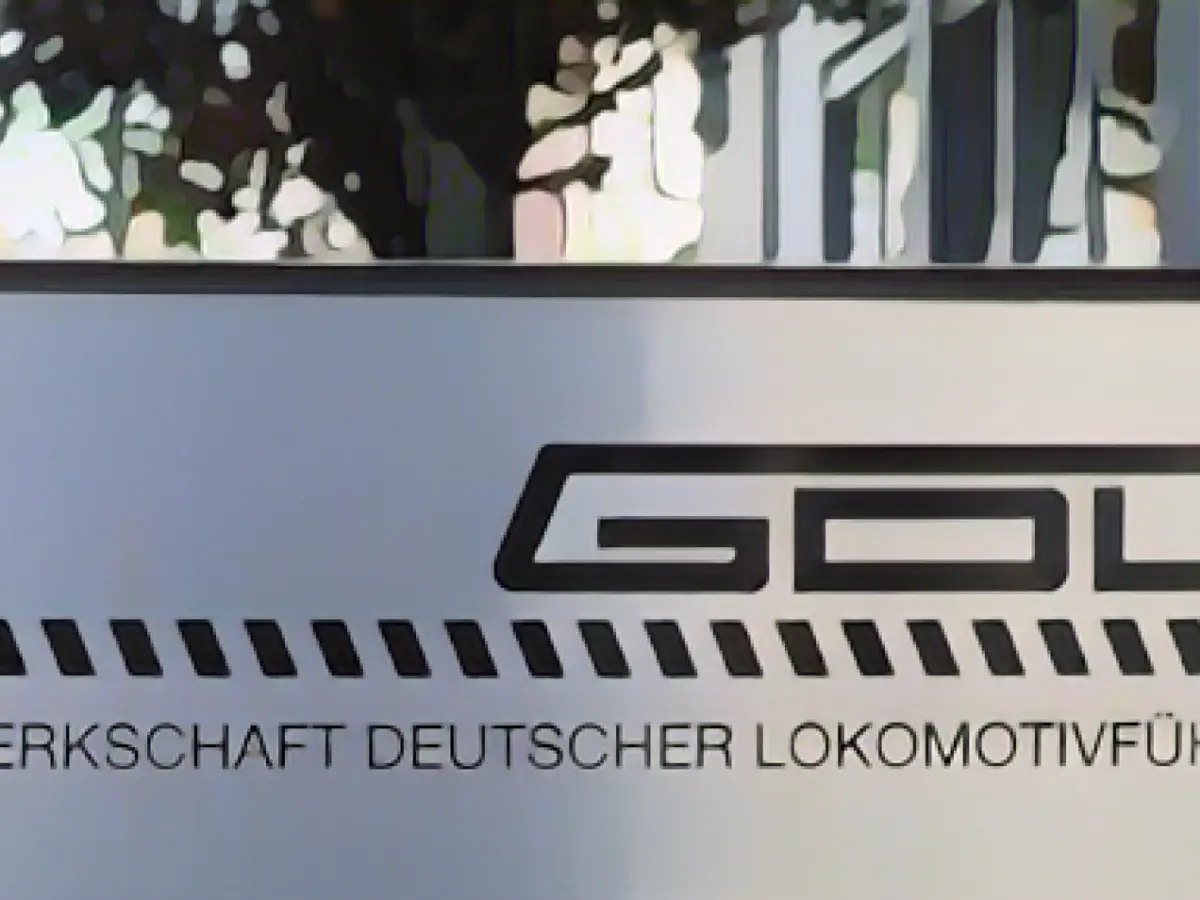Deutsche Bahn denies GDL collective bargaining capacity due to foundation of temporary workers' association
The background to this is the founding of the Fair Train cooperative for the secondment of workers, which the GDL announced when it presented its core demands for the collective bargaining round in June last year. Fair Train is intended to poach train drivers from Deutsche Bahn in particular, employ them as temporary workers and then return them to Deutsche Bahn or other transport companies on its own terms.
Fair Train acts as a "personnel service provider in the cooperative model" independent of the GDL, union boss Claus Weselsky said in the summer. In September, the cooperative received a permit from the relevant authorities to provide temporary workers and has been looking for staff ever since. In October, it concluded a collective bargaining agreement with the GDL.
Deutsche Bahn doubts the independence of the cooperative and sees serious conflicts of interest: the management teams of Fair Train and GDL are largely identical in terms of personnel. The GDL is thus "simultaneously acting as an employer and a trade union", explained Martin Seiler, member of the Deutsche Bahn Board of Management for Human Resources. It had "virtually negotiated and concluded a collective agreement with itself", the so-called independence of the union from opponents was no longer guaranteed.
Certain GDL wage demands in the current negotiations are therefore also problematic. For example, the union is advocating a reduction in weekly working hours for shift workers from 38 to 35 hours, which Deutsche Bahn rejects, citing the shortage of skilled workers. The difficult personnel situation is also the background to the Fair Train model: the GDL speculates that Deutsche Bahn would continue to rely on the train drivers it has poached and would continue to employ them as temporary workers.
A reduction in working hours would exacerbate the shortage of skilled workers and strengthen the demand for temporary employment agencies and the position of the company's own temporary workers' cooperative, the railroad explained. The GDL also wants to shorten the notice periods for employees "so that train drivers can switch to Fair Train more quickly".
If DB's view is confirmed in court, the GDL will neither be able to conclude collective agreements nor strike, the company added. This must therefore now be clarified. "We need to know with legal certainty whether we have a collective bargaining partner capable of acting," explained Seiler. "After all, we are in an ongoing collective bargaining round."
The wage dispute between GDL and Deutsche Bahn is deadlocked - the most important sticking point is the issue of reducing working hours. A Christmas truce declared by the union will end next weekend, meaning there is a threat of longer nationwide strikes from January 8.
The GDL initially did not want to comment on the declaratory action. The union leadership has not yet received the statement of claim, a spokeswoman said.
Read also:
- This will change in December
- Fireworks and parties ring in 2024 - turn of the year overshadowed by conflicts
- Attacks on ships in the Red Sea: shipping companies avoid important trade route
- Houthi rebels want to launch further attacks despite international coalition
- Deutsche Bahn challenges the GDL's collective bargaining capacity due to the foundation of the Leiharbeitsgenossenschaft Fair Train, which could potentially poach skilled train drivers and employ them as temporary workers.
- Martin Seiler, a member of Deutsche Bahn's Board of Management for Human Resources, expresses doubts about the cooperative's independence and potential conflicts of interest, as GDL and Fair Train management teams share many personnel.
- GDL and Fair Train agreed on a collective bargaining agreement in October, which Deutsche Bahn finds problematic as it sees the union as simultaneously acting as an employer and a trade union.
- The GDL's proposal to reduce train drivers' weekly working hours from 38 to 35 hours is met with resistance by Deutsche Bahn due to the shortage of skilled workers in the railroad industry.
- Claus Weselsky, union boss of the GDL, had previously spoken about Fair Train as a "personnel service provider in the cooperative model," aiming to provide temporary workers for companies like Deutsche Bahn.
- From September, Fair Train, acting as a cooperative, has been permitted by the authorities to supply temporary workers and is actively searching for staff in the railroad sector.
- During the ongoing collective bargaining round, Deutsche Bahn needs to clarify its legal position regarding the GDL's capacity to act and conclude collective agreements, as it is crucial to have a clear understanding in order to proceed with negotiations.
Source: www.stern.de







